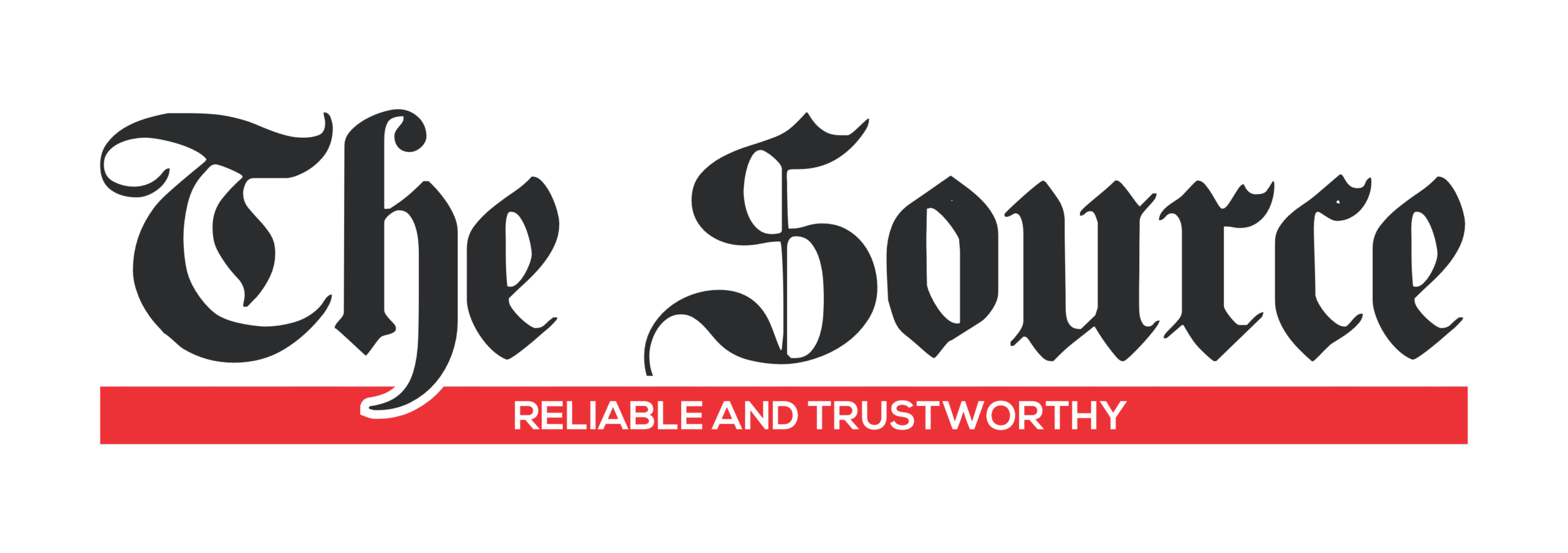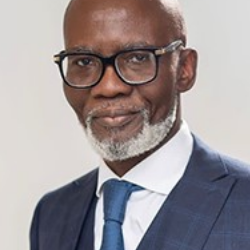Seventeen African governments on Wednesday, 24 September 2025, committed to reforms and actionable plans to expand electricity access as part of Mission 300—an ambitious partnership led by the World Bank Group and African Development Bank Group that aims to connect 300 million Africans to electricity by 2030.
At the Bloomberg Philanthropies Global Forum, national Energy Compacts—practical blueprints that guide public spending, trigger reforms, and attract private capital—were endorsed by Benin, Botswana, Burundi, Cameroon, Comoros, the Republic of the Congo, Ethiopia, Gambia, Ghana, Guinea, Kenya, Lesotho, Mozambique, Namibia, São Tomé and Principe, Sierra Leone, and Togo.
“Electricity is the bedrock of jobs, opportunity, and economic growth,” said World Bank Group President Ajay Banga. “That’s why Mission 300 is more than a target—it is forging enduring reforms that slash costs, strengthen utilities, and draw in private investment.”
Since the launch of Mission 300, 30 million people have already been connected, with over 100 million more in the pipeline.
“Reliable, affordable power is the fastest multiplier for small and medium enterprises, agro-processing, digital work, and industrial value-addition,” said African Development Bank Group President Dr. Sidi Ould Tah. “Give a young entrepreneur power, and you’ve given them a paycheck.”
National Energy Compacts are at the core of Mission 300, developed and endorsed by governments with technical support from development partners. Tailored to each country’s context, these practical blueprints integrate three core tracks—infrastructure, financing, and policy.
Earlier this year, Energy Compacts were endorsed by Chad, Côte d’Ivoire, the Democratic Republic of the Congo, Liberia, Madagascar, Malawi, Mauritania, Niger, Nigeria, Senegal, Tanzania, and Zambia—together pledging to undertake more than 400 policy actions to strengthen utilities, reduce investor risk, and remove bottlenecks.
The World Bank Group and the African Development Bank Group are working with partners, including the Rockefeller Foundation, Global Energy Alliance for People and Planet (GEAPP), Sustainable Energy for All (SEforALL), and the World Bank’s Energy Sector Management Assistance Program (ESMAP) trust fund, to align efforts in support of powering Africa.
Many development partners and development finance institutions are also supporting Mission 300 projects through co-financing and technical assistance.
To demonstrate their commitment, the African Heads of State and Ministers spoke at the Mission 300 Energy Compacts meeting. The statements by some heads of State are captured below.
Duma Boko, President of Botswana, said, “This National Compact is our shared pledge to ensure accessible, reliable and affordable energy as a basic human need, to transform our economy and create jobs, and to electrify our journey to an inclusive high-income country.”
Paul Biya, President of the Republic of Cameroon: “The government of the Republic of Cameroon is committed, through its Energy Compact, to a determined transition towards renewable energies, promoting inclusive universal access and sustainable development based on partnerships and ambitious reforms to build a low-carbon future.”
John Dramani Mahama, President of the Republic of Ghana, remarked, “Ghana believes universal energy access is key to empowering businesses, reducing poverty, and creating equal opportunities. This goal can only be achieved through strong government–private sector partnerships, supported by an enabling environment for sustainable investment.”
William Ruto, President of the Republic of Kenya, stated, “Energy is a key enabler under the infrastructure component of Kenya’s Bottom-Up Economic Transformation Agenda. The Energy Compact anchors our commitment to achieve universal access to electricity and clean cooking and transition our grid to full reliance on clean energy by 2030.”






